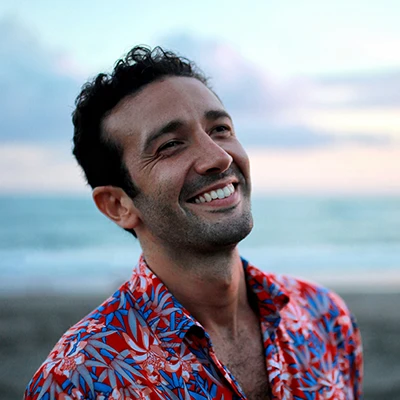Frequently asked questions
General
Is cannabis addictive?

The terms addiction, dependency, and habit are often used interchangeably, but they are quite different. Cannabis dependency, particularly among youth, those prone to risk-taking, or individuals with certain mental health conditions, is a concern. That's why Harvest Medicine healthcare practitioners perform a comprehensive review of a patient's medical and mental health history. Unlike opioids, cannabis is not considered physically addictive, and CBD, in particular, has shown promise in reducing opioid use. Studies indicate that cannabis has a lower potential for addiction compared to nicotine, opioids, caffeine, and alcohol, making it a less risky option. However, medical cannabis might not be suitable for individuals under 25 or those with specific mental health conditions. For more information, visit the Public Health Agency of Canada and Government of Canada Drug Prevention and Treatment websites.
Will cannabis interfere with my medications? OR Is medical cannabis safe for me to consume?

Medical cannabis can interact with certain medications. During your initial consultation, your doctor or nurse practitioner will conduct a thorough medical history review, including an assessment of your current medications, to determine if medical cannabis is appropriate for you.
Will CBD make me high?

Products with high CBD and low THC (under 2-4mg) are non-impairing and won’t produce the "high" often associated with cannabis. They’re ideal for those who prefer to avoid euphoria. However, CBD may cause drowsiness or a relaxed mood, so it's important to use these products under the guidance of a healthcare professional.
Therapy
Will CBD make me high?

Products with high CBD and low THC (under 2-4mg) are non-impairing and won’t produce the "high" often associated with cannabis. They’re ideal for those who prefer to avoid euphoria. However, CBD may cause drowsiness or a relaxed mood, so it's important to use these products under the guidance of a healthcare professional.
I am already using recreational marijuana, can I refer myself?

Absolutely! Many of our patients begin self-medicating before coming to us. We're here to guide you through the legal medical cannabis system, offering access to high-quality, regulated products, as well as support from doctors, nurse practitioners, patient educators, and ongoing cannabis education.
What are the possible side effects of medical cannabis?

Medical cannabis is generally considered safer and with fewer harmful side effects compared to some pharmaceuticals, such as opioids. Products high in CBD usually have minimal side effects, while those with THC may cause more. Some cannabis side effects can even aid in symptom management, such as using THC to stimulate appetite in patients undergoing chemotherapy. Common side effects include euphoria, dry mouth, elevated heart rate, drowsiness, impaired memory, dizziness, blood pressure changes, disorientation, and impairment. It's crucial to use medical cannabis under the guidance of a knowledgeable healthcare practitioner or a specialized clinic like Harvest Medicine. Report any severe side effects immediately and discuss any adverse reactions with your practitioner at your next follow-up.
What do I do if I have a bad reaction to medical cannabis?

First, stay as calm as possible. Remember that cannabis is relatively safe and the effects are temporary. Inhaled products usually wear off in a few hours, while ingested ones take 4-8 hours. Find a comfortable spot to relax, whether sitting or lying down. Reach out to a friend or family member for support. If you haven’t eaten, have a light snack and drink plenty of water. Some people find that orange juice, vitamin C, or chewing on a peppercorn can help ease the effects. For severe reactions, call 911 or go to the nearest emergency room. For mild to moderate reactions, contact us or your doctor to discuss your symptoms. Once you’re feeling better, report the reaction to your healthcare provider for additional insights and guidance.
Is cannabis addictive?

The terms addiction, dependency, and habit are often used interchangeably, but they are quite different. Cannabis dependency, particularly among youth, those prone to risk-taking, or individuals with certain mental health conditions, is a concern. That's why Harvest Medicine healthcare practitioners perform a comprehensive review of a patient's medical and mental health history. Unlike opioids, cannabis is not considered physically addictive, and CBD, in particular, has shown promise in reducing opioid use. Studies indicate that cannabis has a lower potential for addiction compared to nicotine, opioids, caffeine, and alcohol, making it a less risky option. However, medical cannabis might not be suitable for individuals under 25 or those with specific mental health conditions. For more information, visit the Public Health Agency of Canada and Government of Canada Drug Prevention and Treatment websites.













